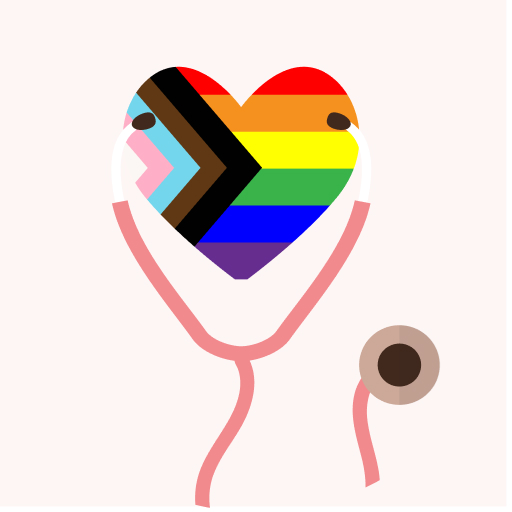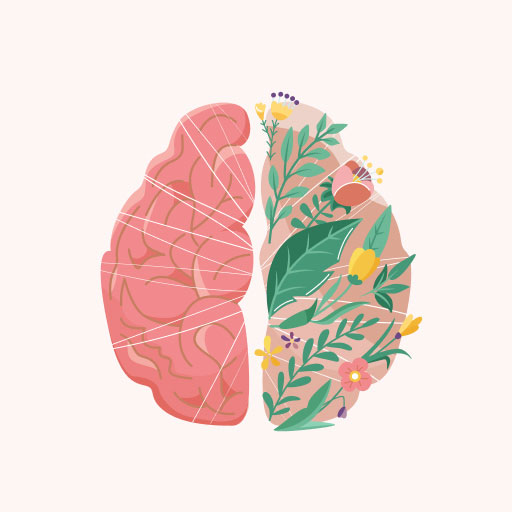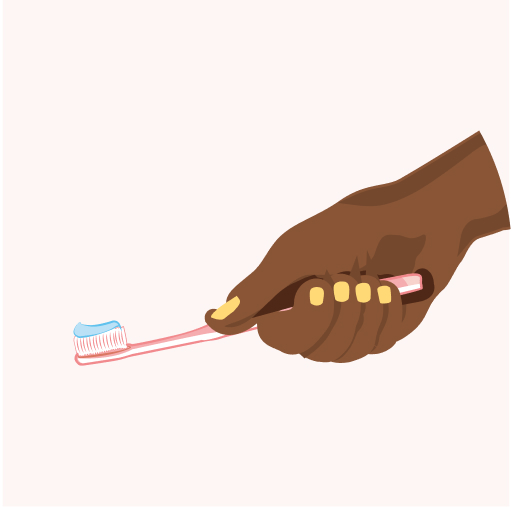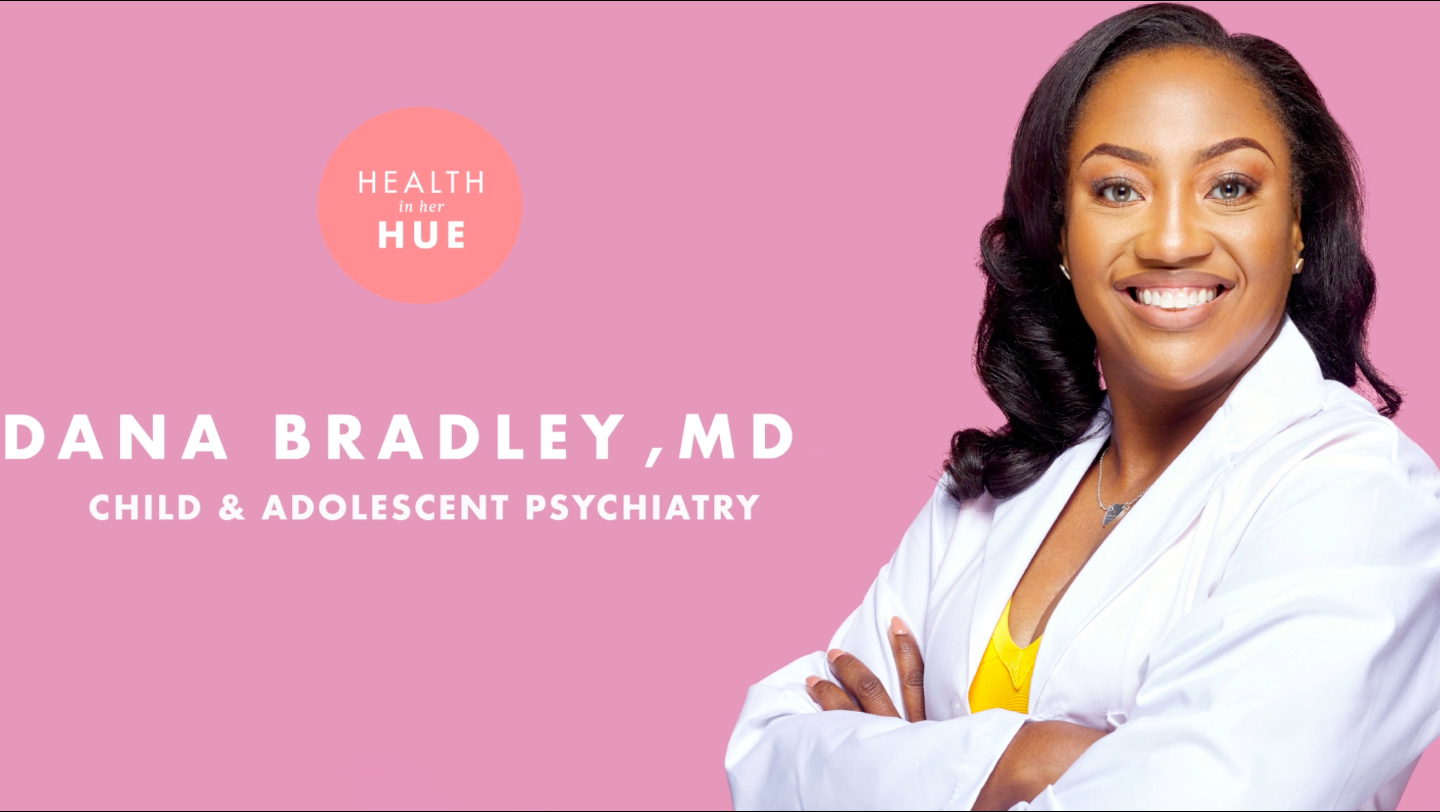
Dealing With the Toxic Ones We Love
It’s safe to say we have all come across toxic individuals, whether it be in our work place, school and even in our places of worship, right? Unfortunately, sometimes this includes our families and our circle of friends. Toxic is defined as something or someone extremely harsh, malicious or harmful, and sometimes this term can be used to describe loved ones, including siblings, relatives, best friends and even parents who are harmful to our mental, spiritual and physical well being.
Common behaviors of a toxic individual can include:
-
Utilizing tactics of control, including emotional, verbal, financial and physical abuse
-
Rarely providing genuine support, encouragement and care
-
Belittling you or your accomplishments more than they encourage or provide you with constructive criticism
-
Displaying frequent emotional instability or unpredictability which may lead to you feeling the need to walk on eggshells around them
-
Displaying jealous and envious behavior and appearing to be in competition with you
-
Gossiping about others
-
Identifying you and others as the problem while they identify themselves as the victim, especially when they are confronted about their negative behavior
Decisions, decisions
While recognizing the harmful behavior of a loved one, it is important to realize we play a role in every relationship we have. It is our responsibility to hold ourselves accountable, in the midst of being in a toxic relationship with a loved one, and take action to protect ourselves. Continuing to allow our loved ones the opportunity to display toxic behavior and contribute primarily negative energy to our space is damaging. Due to the significant roles these individuals have in our lives it may be harder to address and repel the impact of their malicious behavior.
You are not obligated to continue to engage with a toxic individual simply because you share the same blood or have been friends since childhood. If you have addressed the toxic behavior along with the impact it is having on you to this person and they disregard your concern, you have a decision to make. Choosing not to do anything, to protect yourself mentally, emotionally and in some cases physically, is also a decision.
Take Action
Severing ties with a toxic friend, line sister or family member is not the only option we have. An essential part of protecting ourselves is changing our response towards their toxic behaviors. Being rude, offensive and retaliating with harmful behavior are not effective ways to deal with them. Effective ways to managing a relationship with a toxic loved, while maintaining your peace and wellbeing, can include:
Set and Enforce Boundaries
Identifying and setting guidelines is important in recognizing what you will and will not allow in your space. If your mother decides to belittle your accomplishments in comparison to your siblings, you can express to her that while you welcome constructive criticism you will not allow her to devalue the progress you’ve made in accomplishing your goals. If she disregards this boundary, enforce it by respectfully ending the conversation and not allowing her the opportunity to engage in similar conversations in the future.
Do not justify toxic behavior
“That’s just how she is” or “They are just like that because of…” are common responses used to excuse loved ones displaying toxic behavior. While their harmful mannerisms may be common to their persona or can be linked to trauma they have experienced, it does not excuse nor make their actions acceptable. We are all accountable for our actions.
Utilize the Professionals
Research and make an appointment with a licensed therapist to help you unpack the effect this relationship has had on you and to create additional healthy and effective ways to deal with the relationship. A therapist can also help you to utilize effective coping strategies to help you heal yourself from the ways this relationship has caused you mental, emotional or physical harm.
Create Distance
Distance can be created by limiting contact and the accessibility this person has to you. For example, instead of meeting up with your judgmental sister once a week to “catch up”, you can lower the frequency of these encounters to once per month.
On the extreme end of the spectrum, if you have made a diligent effort in addressing a loved one’s extremely harmful behavior and implementing boundaries to no avail, severing contact all together may very well be an option for you. You may deem it necessary to stop calling and visiting them and in some cases you may also block them on all social media outlets, which is absolutely your right. However, be sure these are necessary steps in protecting your overall well being and not an impulsive decision.
Love and Forgiveness from a Distance
While we may identify a loved one as being toxic and identify the need to create distance from them, it is absolutely possible to not only forgive but still love this person. It’s irrational to think we could erase precious memories and experiences we have had with these people along with their significant involvement in our lives.
Loving and forgiving a loved one for their toxic behavior does not mean we turn a blind eye to their harmful ways and automatically grant them access to the privileges they once held in our lives, after an apology. Forgiving these individuals, for their malicious behavior and the role you’ve played in this toxic relationship, is an essential part to our healing and out preserving our state of peace. By forgiving your judgmental friend who lives to compete with you, your abusive parent or that relative who constantly belittles you and finds fault with your character, you release yourself from the chains of resentment and heavy desire of requital. Forgiving them is much easier said than done and it can take months or even years to get to accomplish, but it is possible. Be patient with yourself throughout the process and protect your well-being by all healthy means necessary, even from the toxic ones you love.











